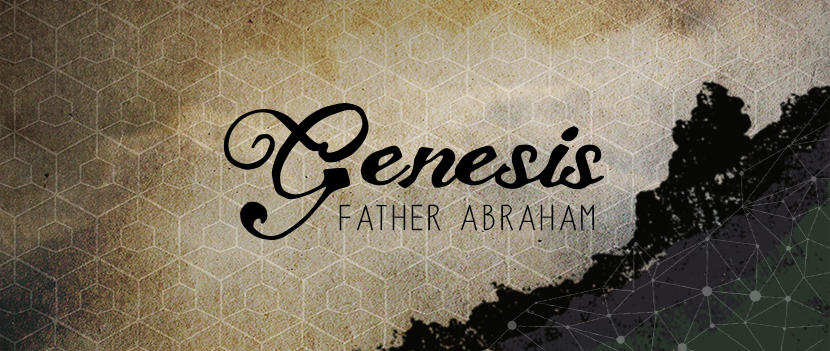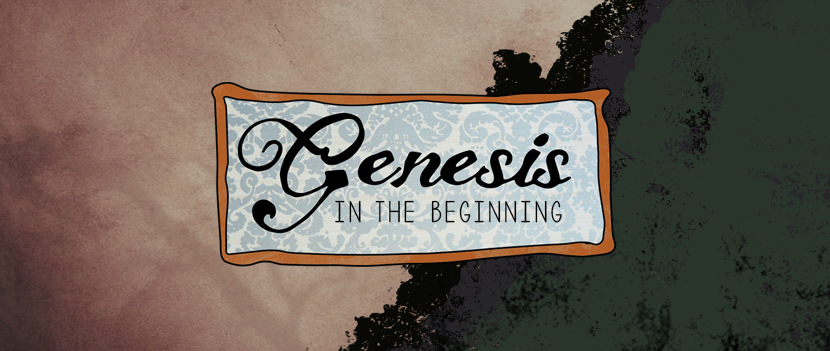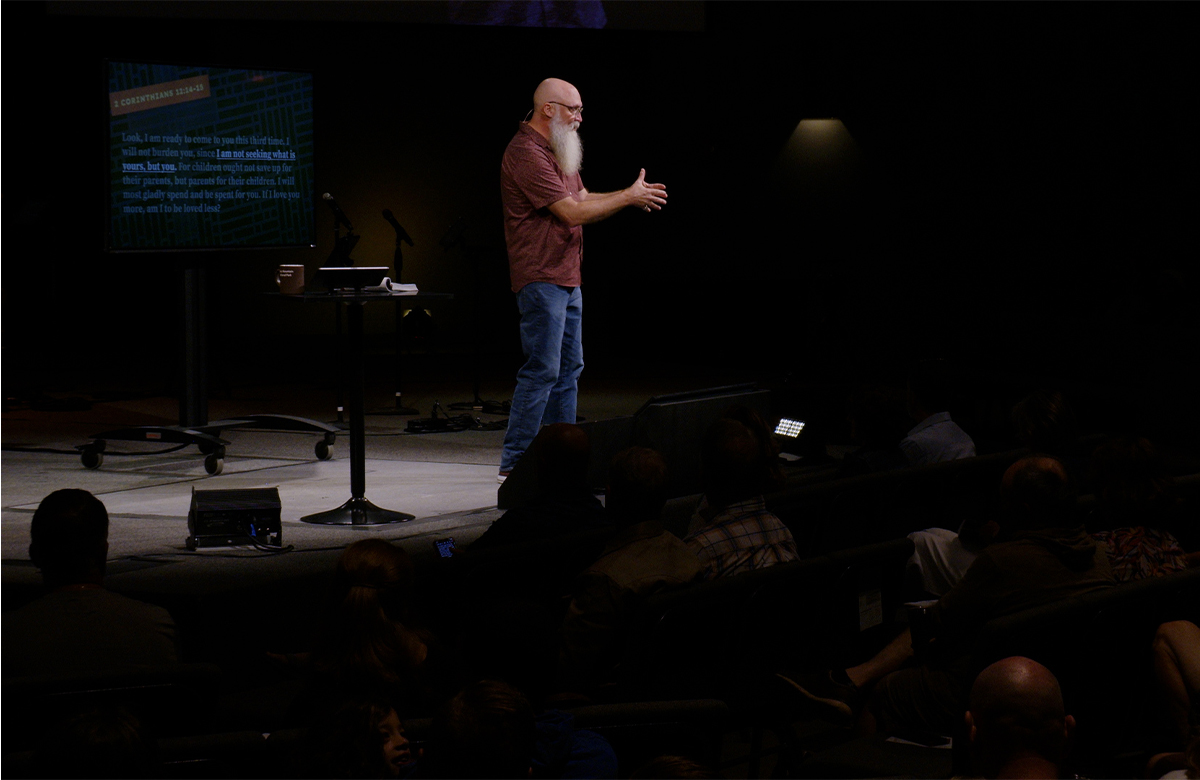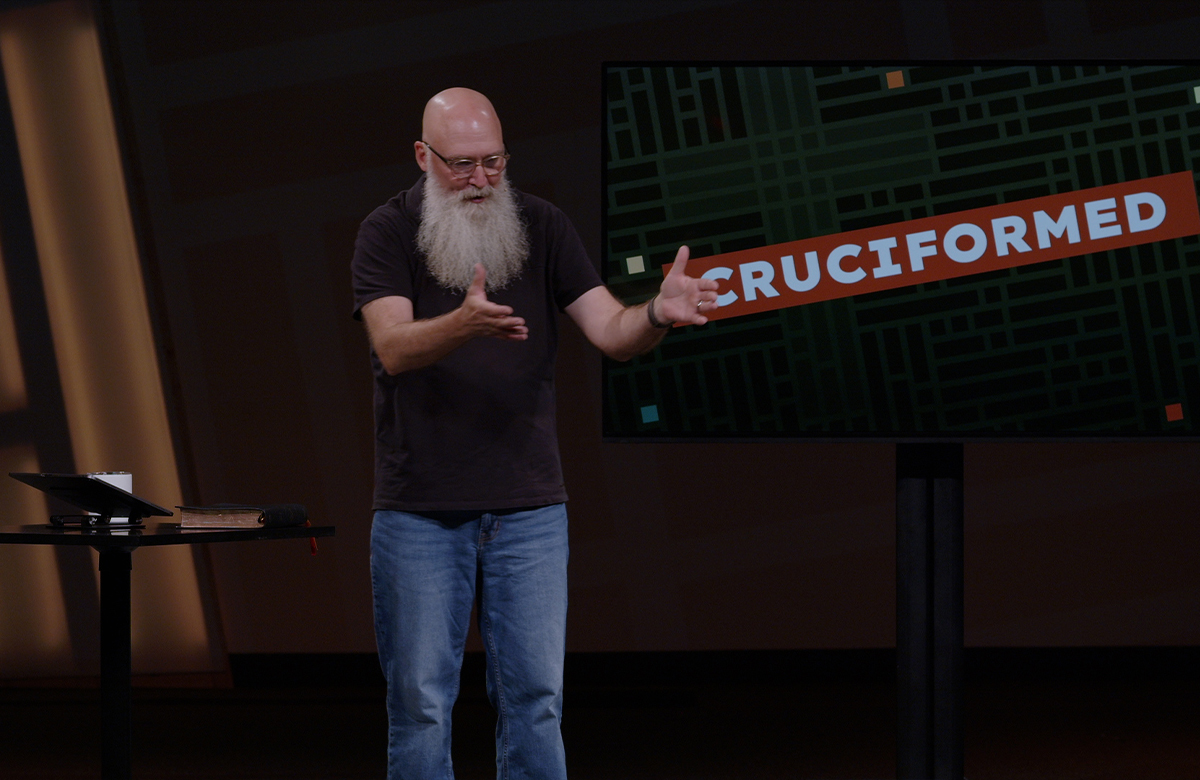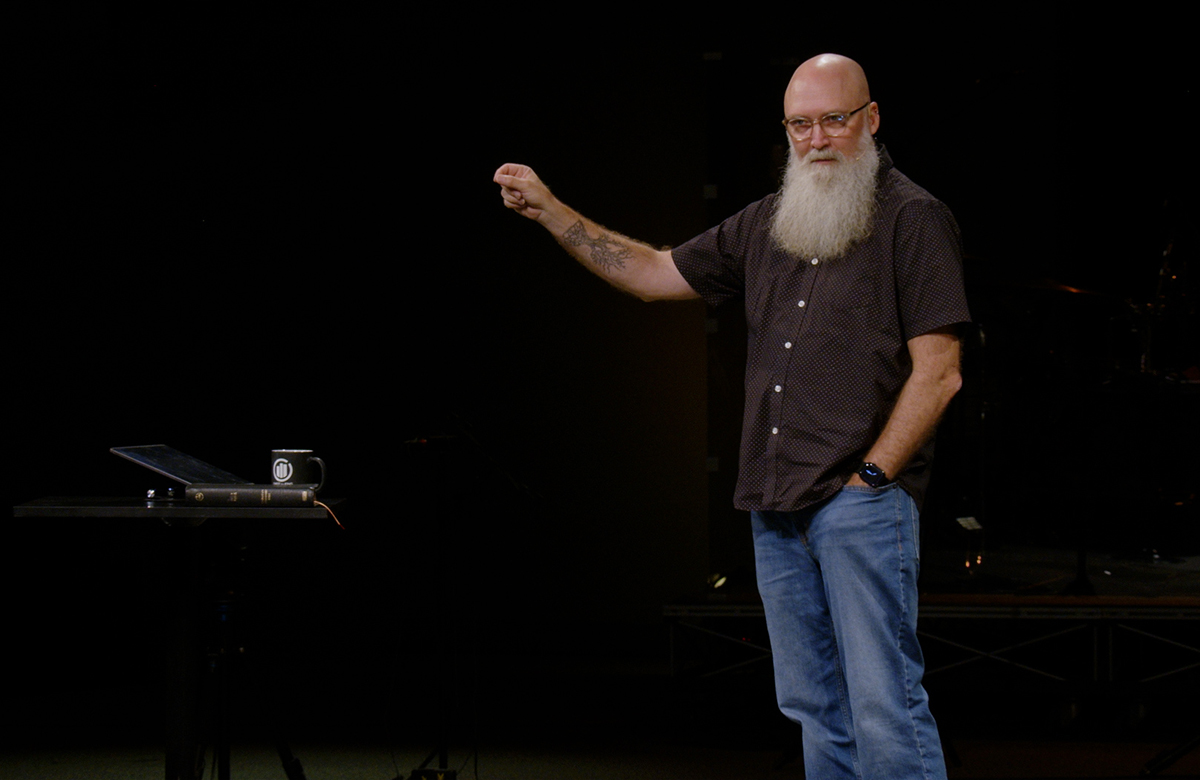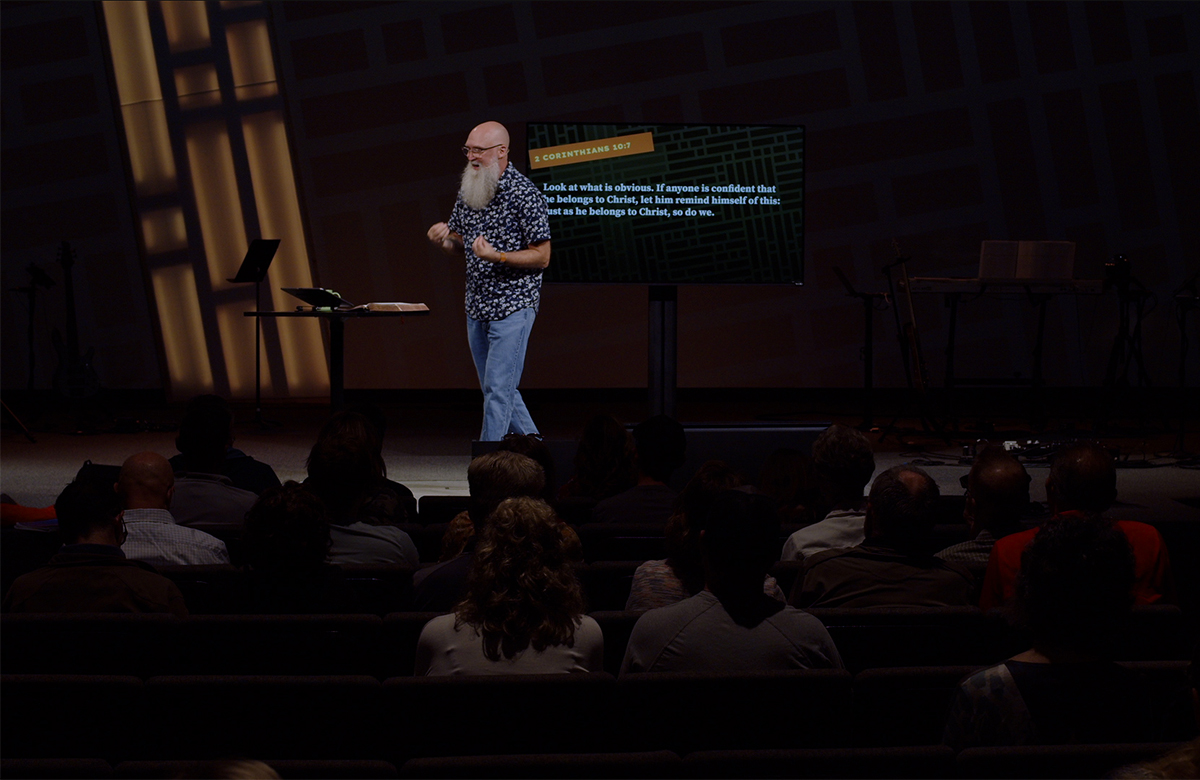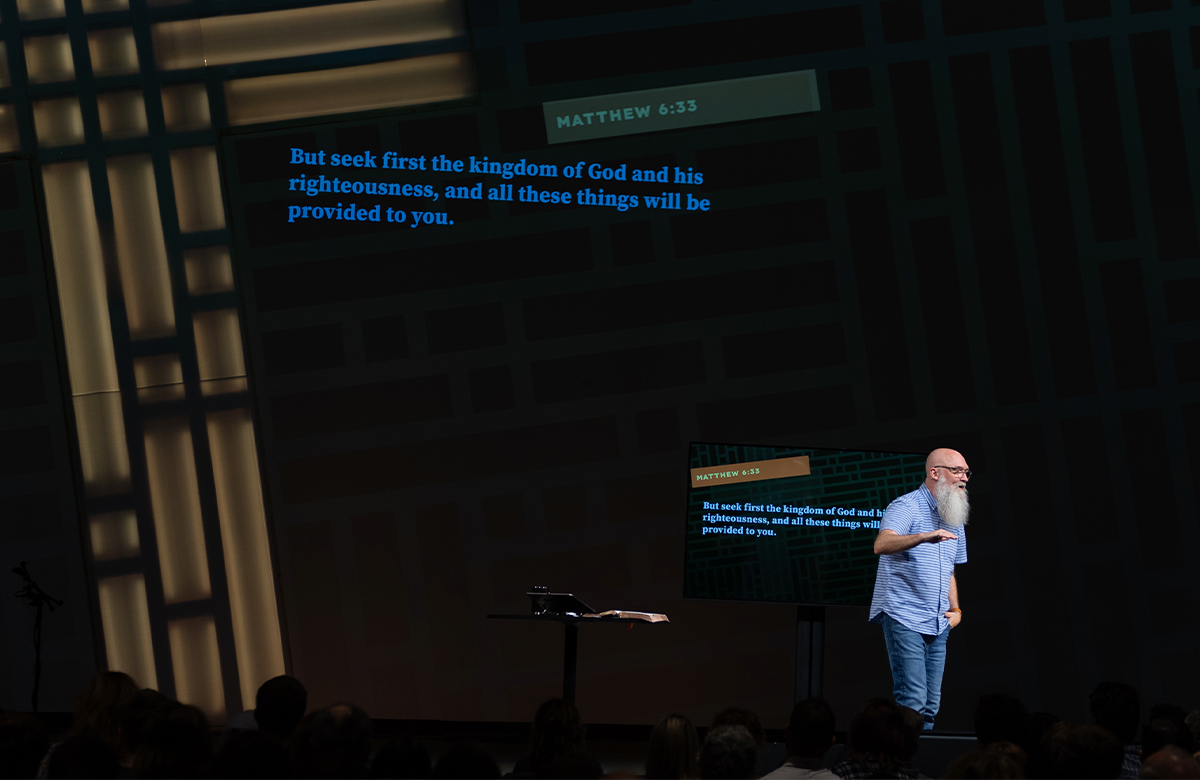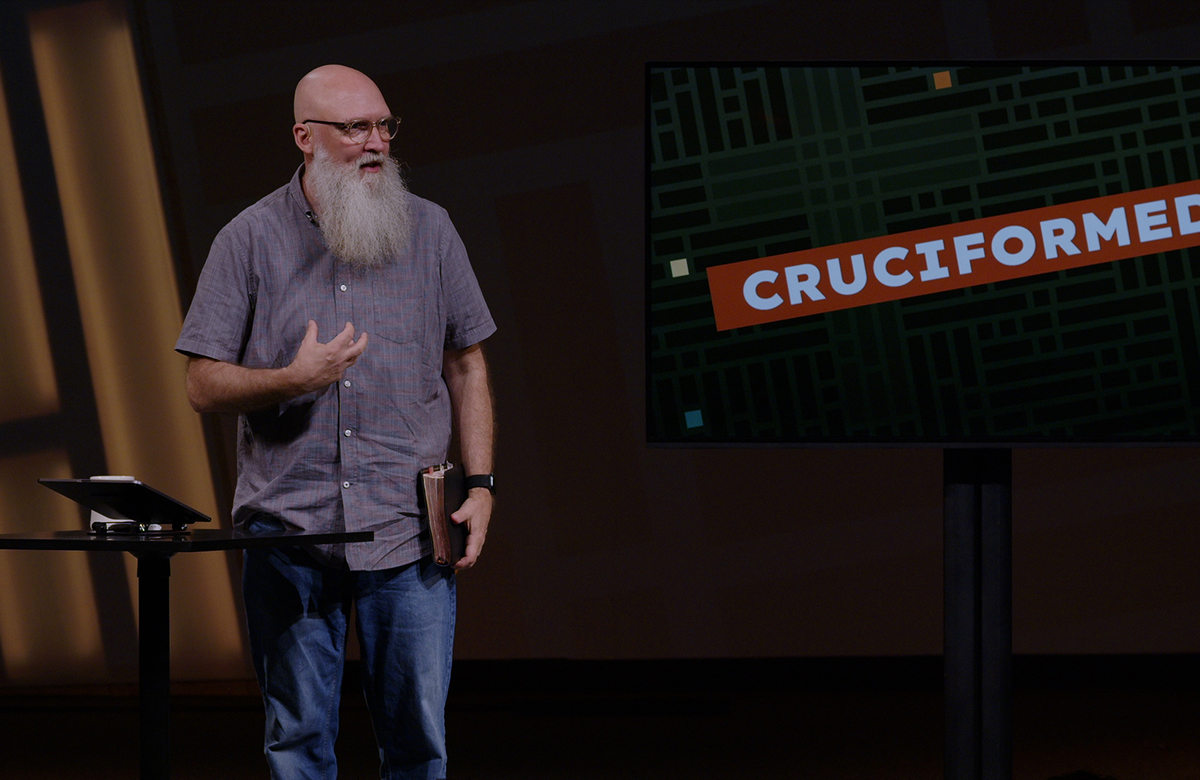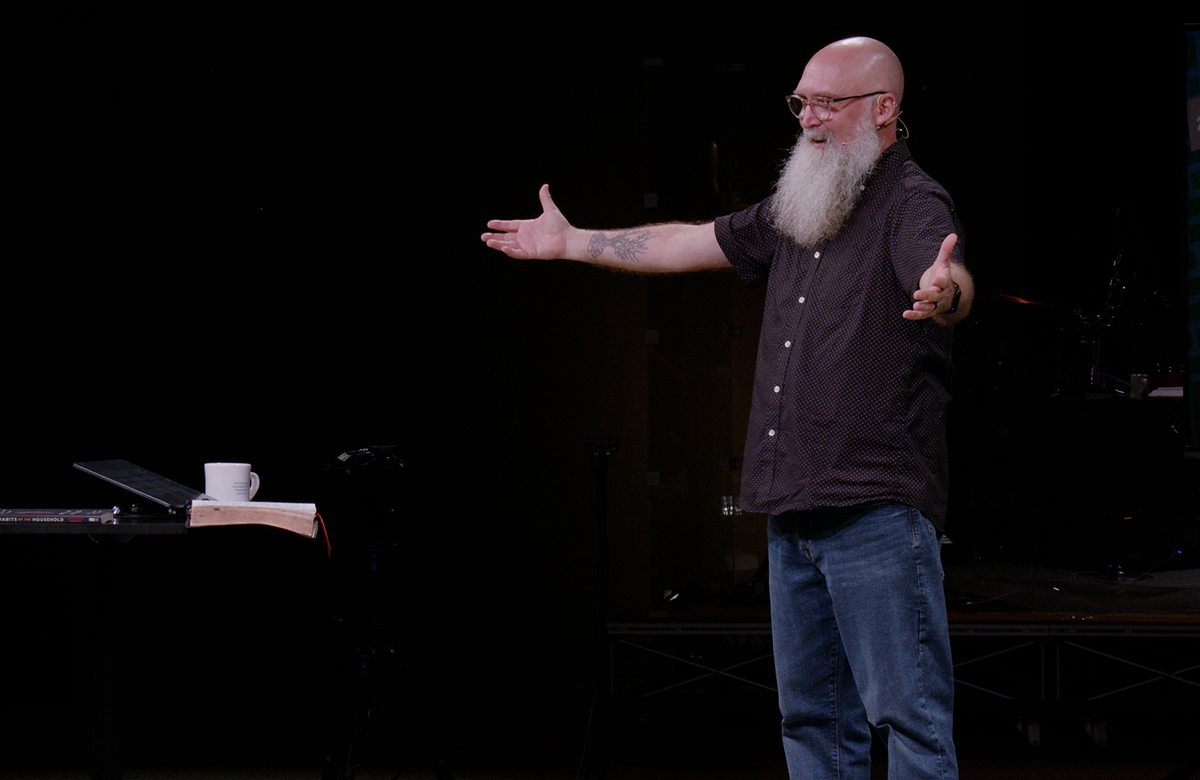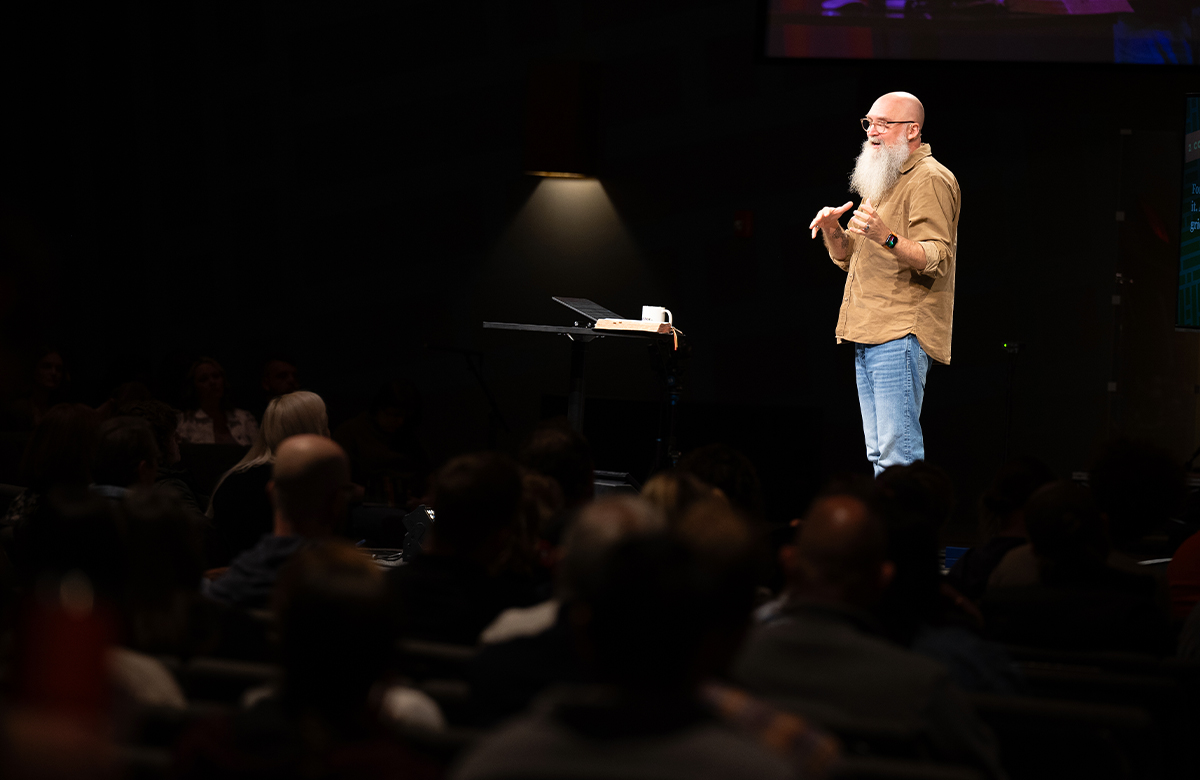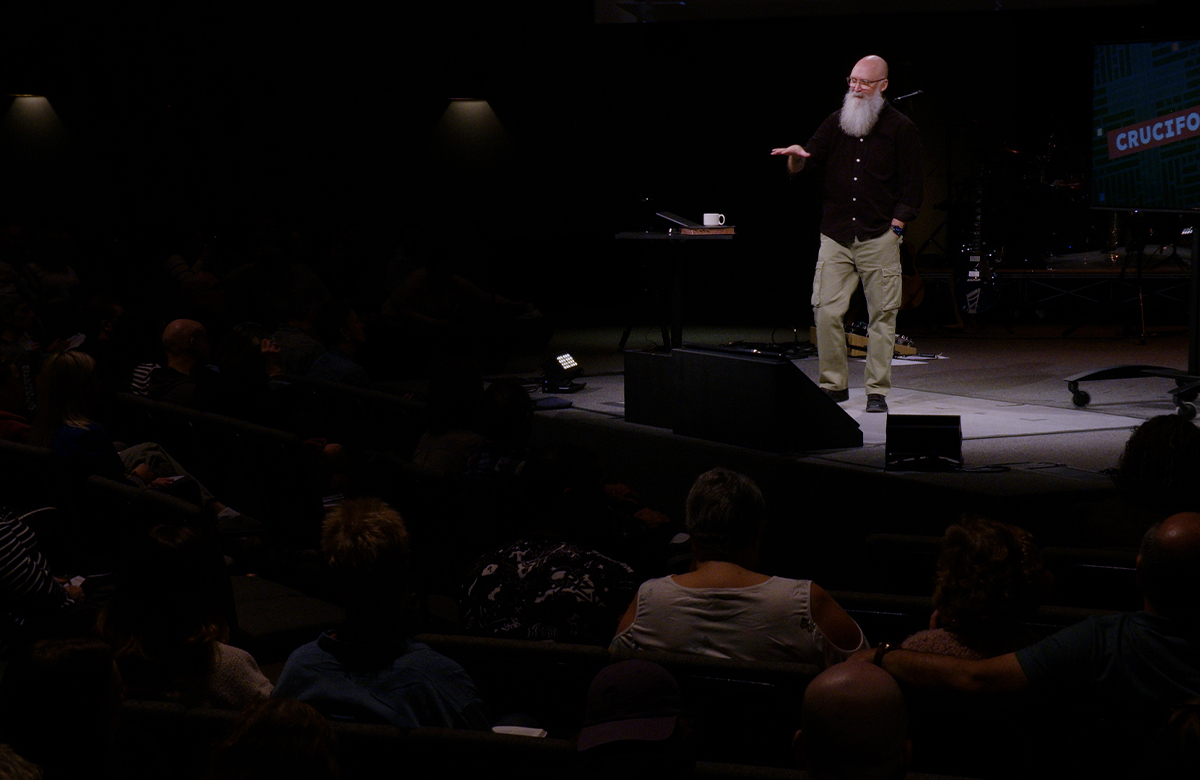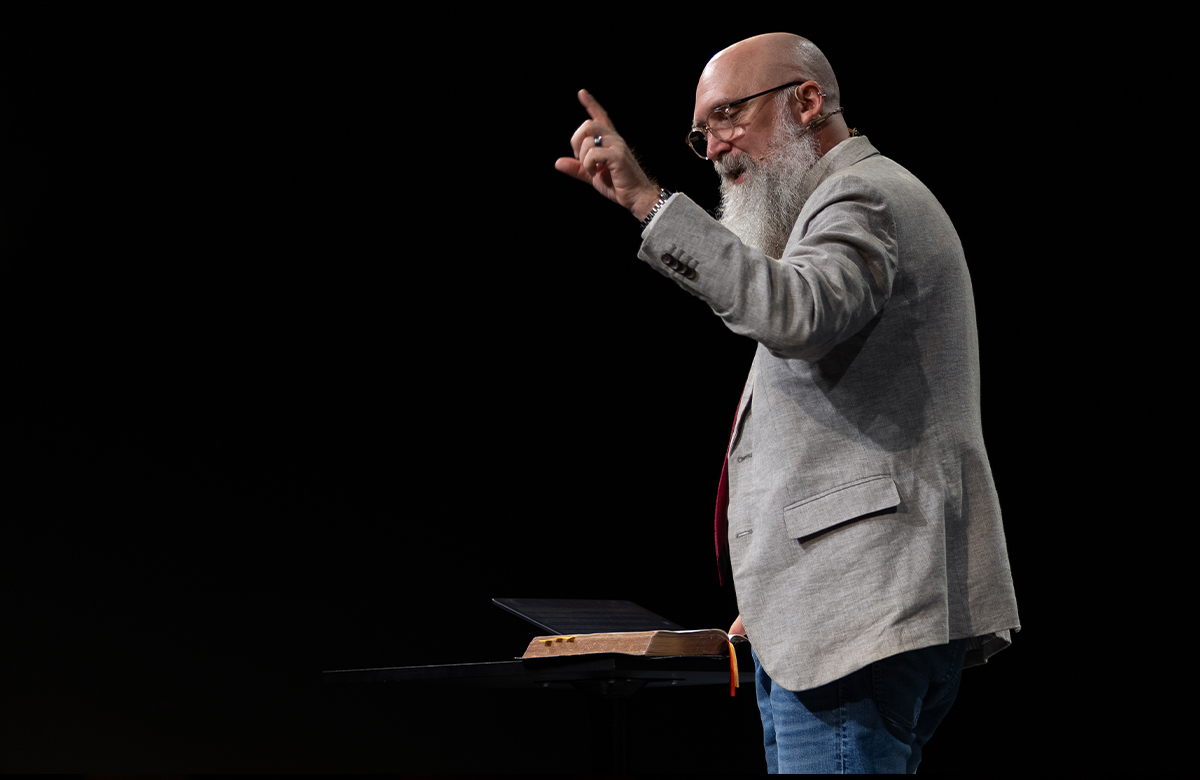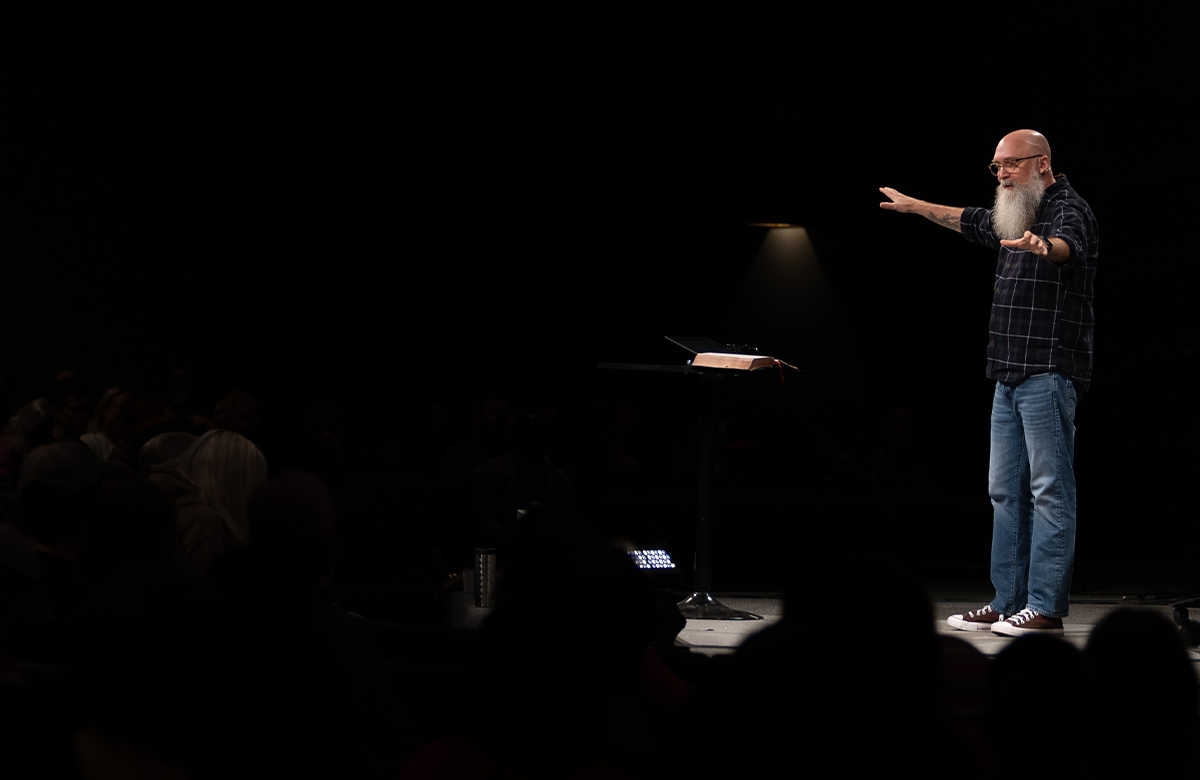03.02.14 | Genesis
Into the Pit
Noel Heikkinen
Why does God allow evil to win? He doesn’t. We just can’t see how it all fits together until we get to the end of the story.
- Live Notes
Genesis 37:1-36 (Use this link to follow along in your Faithlife Study Bible)
…You meant evil against me, but God meant it for good. (Genesis 50:20)
Does this mean that God does evil? No, it means that when evil men and women do evil things, God takes that evil and he does something with it…something good.
Jacob lived in the land of his father’s sojournings, in the land of Canaan. These are the generations of Jacob. Joseph, being seventeen years old, was pasturing the flock with his brothers. He was a boy with the sons of Bilhah and Zilpah, his father’s wives. And Joseph brought a bad report of them to their father. (Genesis 37:1–2)
Now Israel loved Joseph more than any other of his sons, because he was the son of his old age. And he made him a robe of many colors. (Genesis 37:3)
Israel (Jacob) loved Joseph more than any other of his sons.
The sons of Reuben the firstborn of Israel (for he was the firstborn, but because he defiled his father’s couch, his birthright was given to the sons of Joseph the son of Israel, so that he could not be enrolled as the oldest son… (1 Chronicles 5:1–2)
This is much more important than just a pretty coat. It was a sign of significance in the family.
But when his brothers saw that their father loved him more than all his brothers, they hated him and could not speak peacefully to him.
Now Joseph had a dream, and when he told it to his brothers they hated him even more. He said to them, “Hear this dream that I have dreamed: Behold, we were binding sheaves in the field, and behold, my sheaf arose and stood upright. And behold, your sheaves gathered around it and bowed down to my sheaf.” His brothers said to him, “Are you indeed to reign over us? Or are you indeed to rule over us?” So they hated him even more for his dreams and for his words.
Then he dreamed another dream and told it to his brothers and said, “Behold, I have dreamed another dream. Behold, the sun, the moon, and eleven stars were bowing down to me.” But when he told it to his father and to his brothers, his father rebuked him and said to him, “What is this dream that you have dreamed? Shall I and your mother and your brothers indeed come to bow ourselves to the ground before you?” And his brothers were jealous of him, but his father kept the saying in mind. (Genesis 37:4–11)
Bowing is a symbol of respect, of ranking oneself under another.
They saw him from afar, and before he came near to them they conspired against him to kill him. They said to one another, “Here comes this dreamer. Come now, let us kill him and throw him into one of the pits. Then we will say that a fierce animal has devoured him, and we will see what will become of his dreams.” But when Reuben heard it, he rescued him out of their hands, saying, “Let us not take his life.” And Reuben said to them, “Shed no blood; throw him into this pit here in the wilderness, but do not lay a hand on him”—that he might rescue him out of their hand to restore him to his father. So when Joseph came to his brothers, they stripped him of his robe, the robe of many colors that he wore. And they took him and threw him into a pit. The pit was empty; there was no water in it. Then they sat down to eat. (Genesis 37:18–25)
Joseph’s brothers sat down to eat lunch while they listened to him scream.
And looking up they saw a caravan of Ishmaelites coming from Gilead, with their camels bearing gum, balm, and myrrh, on their way to carry it down to Egypt. Then Judah said to his brothers, “What profit is it if we kill our brother and conceal his blood? Come, let us sell him to the Ishmaelites, and let not our hand be upon him, for he is our brother, our own flesh.” And his brothers listened to him. Then Midianite traders passed by. And they drew Joseph up and lifted him out of the pit, and sold him to the Ishmaelites for twenty shekels of silver. They took Joseph to Egypt. (Genesis 37:25–28)
When Reuben returned to the pit and saw that Joseph was not in the pit, he tore his clothes and returned to his brothers and said, “The boy is gone, and I, where shall I go?” Then they took Joseph’s robe and slaughtered a goat and dipped the robe in the blood. And they sent the robe of many colors and brought it to their father and said, “This we have found; please identify whether it is your son’s robe or not.” And he identified it and said, “It is my son’s robe. A fierce animal has devoured him. Joseph is without doubt torn to pieces.” (Genesis 37:31–33)
Jacob was oblivious to the hatred his sons held toward their brother so he didn’t see through their deception.
And he identified it and said, “It is my son’s robe. A fierce animal has devoured him. Joseph is without doubt torn to pieces.” Then Jacob tore his garments and put sackcloth on his loins and mourned for his son many days. All his sons and all his daughters rose up to comfort him, but he refused to be comforted and said, “No, I shall go down to Sheol to my son, mourning.” Thus his father wept for him. Meanwhile the Midianites had sold him in Egypt to Potiphar, an officer of Pharaoh, the captain of the guard. (Genesis 37:33–36)
Then the Lord said to Abram, “Know for certain that your offspring will be sojourners in a land that is not theirs and will be servants there, and they will be afflicted for four hundred years. (Genesis 15:13)
…You meant evil against me, but God meant it for good. (Genesis 50:20)
God eventually uses Joseph to save not just himself and his family, but everyone in that part of the world. He becomes a picture of Jesus.
- More From This Series
- More From This Speaker



























